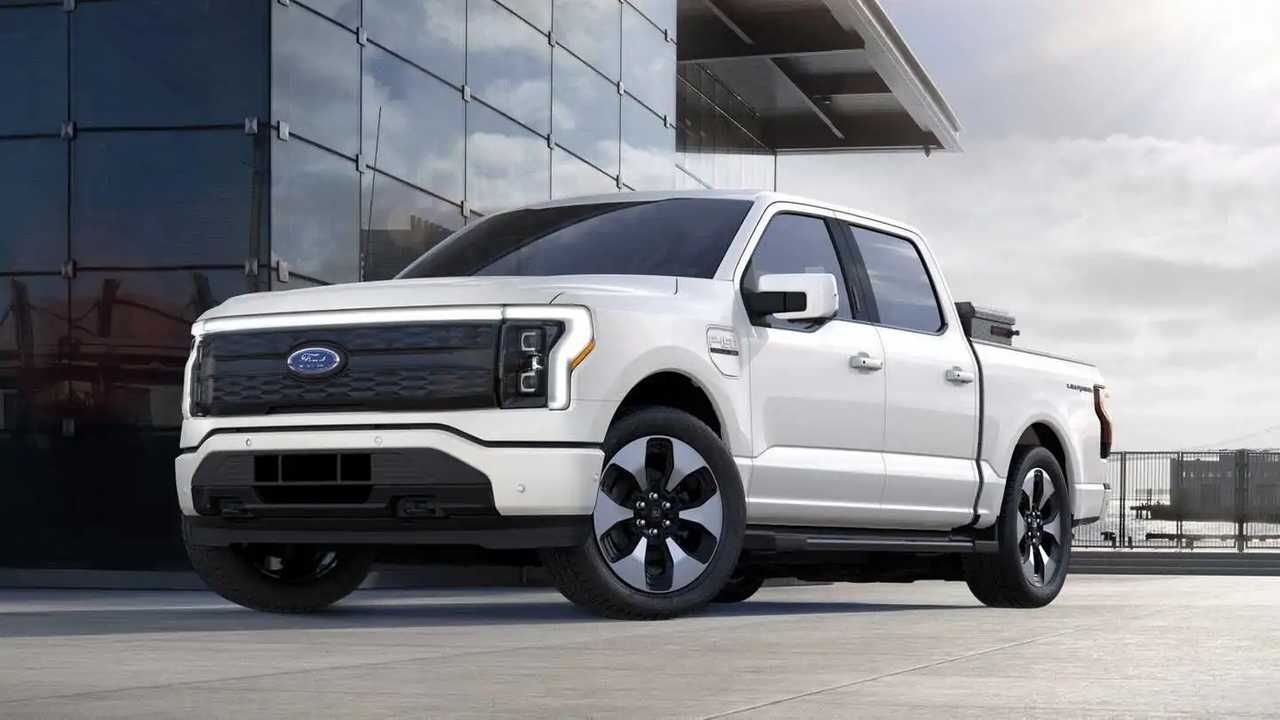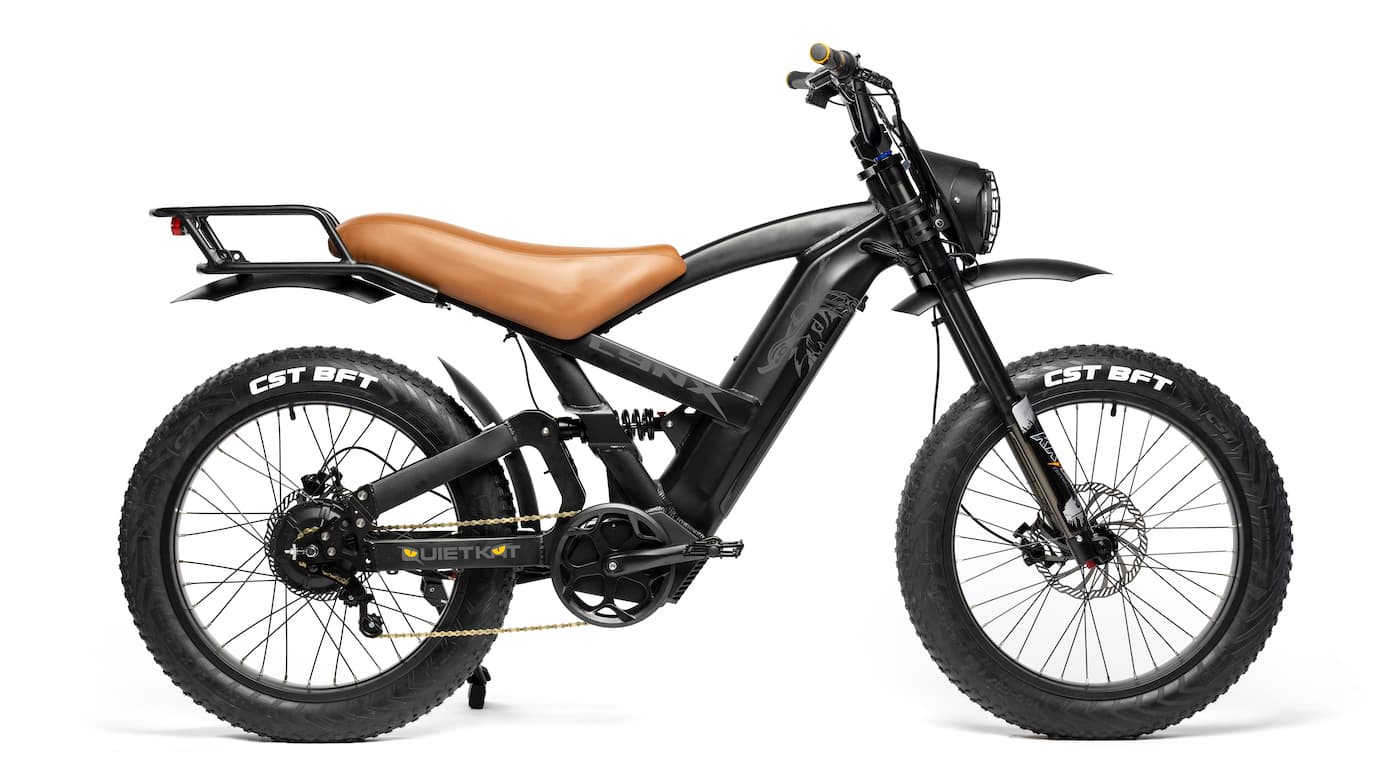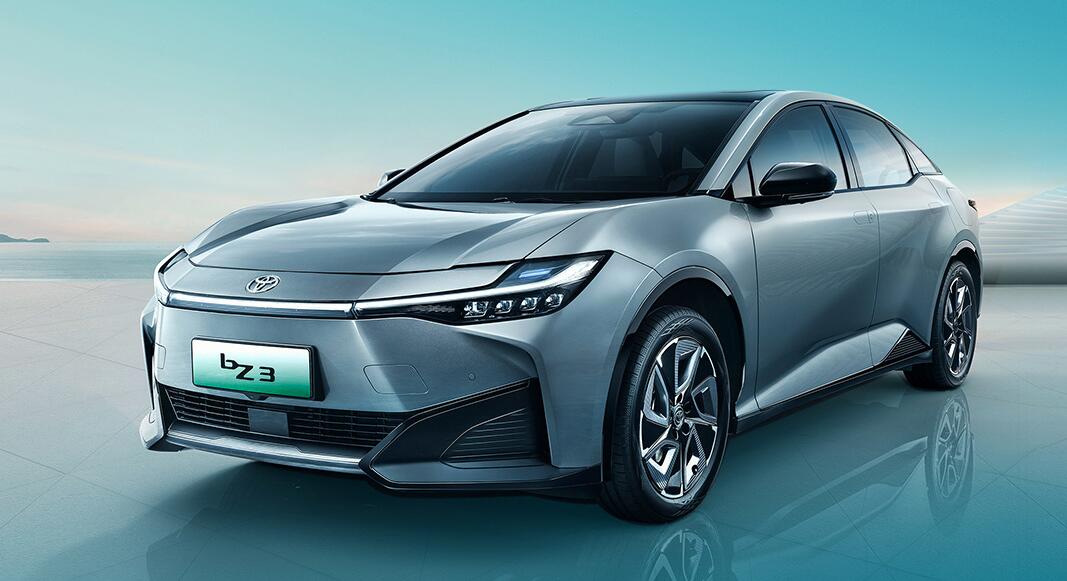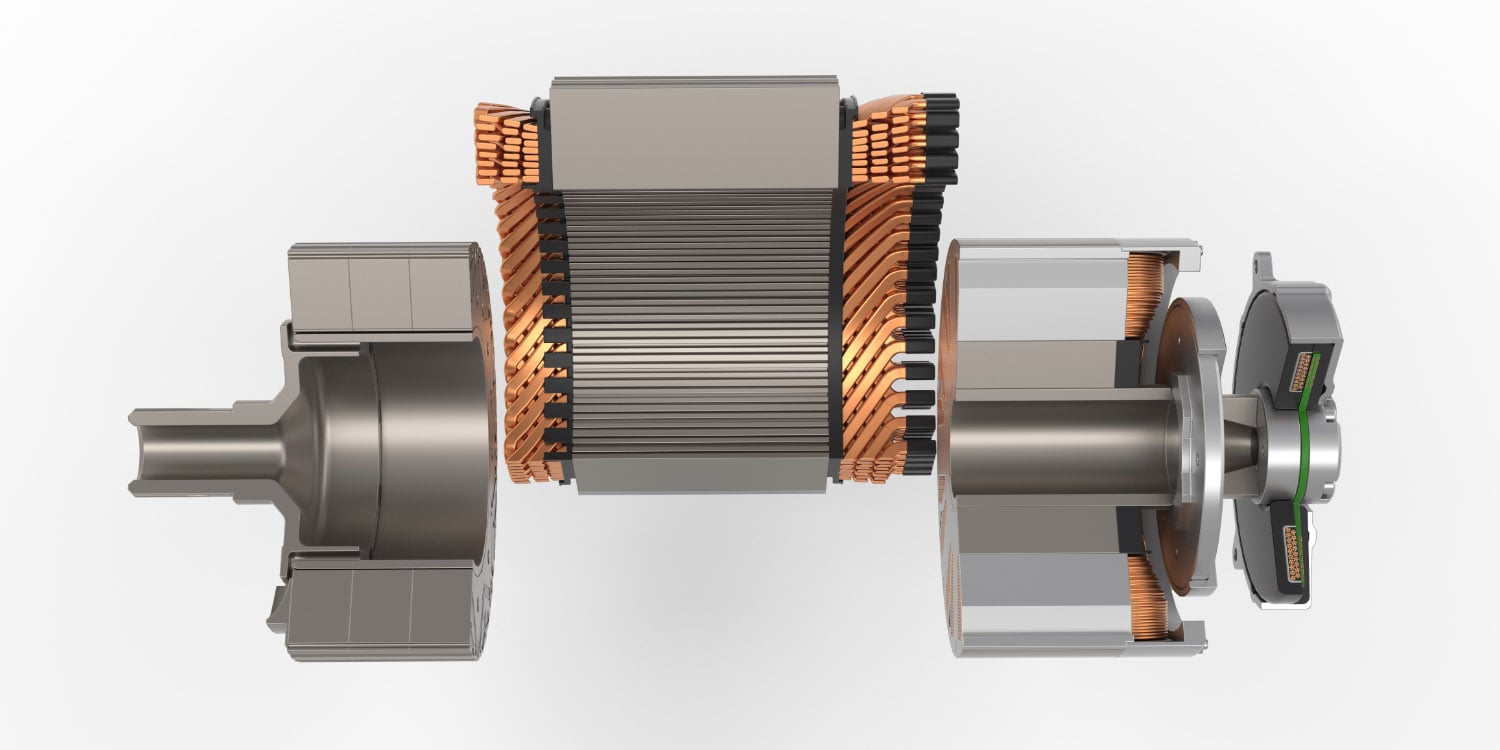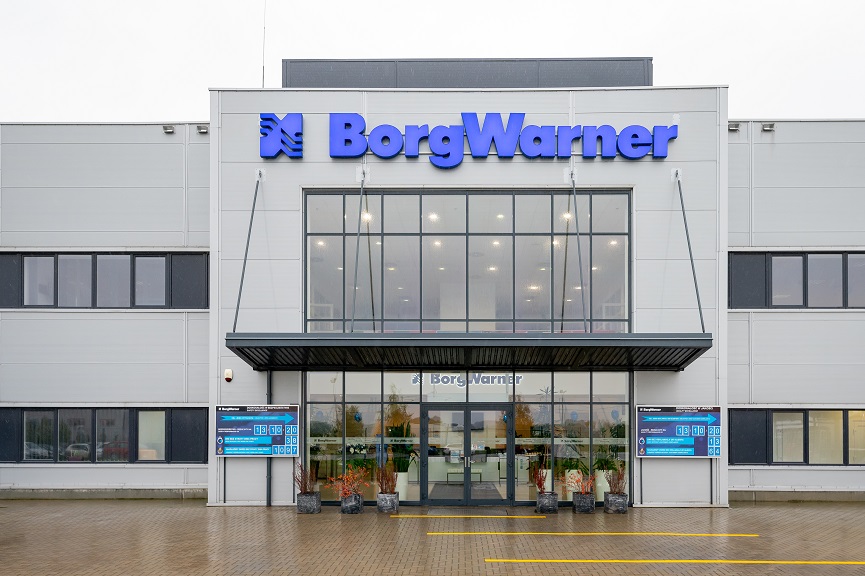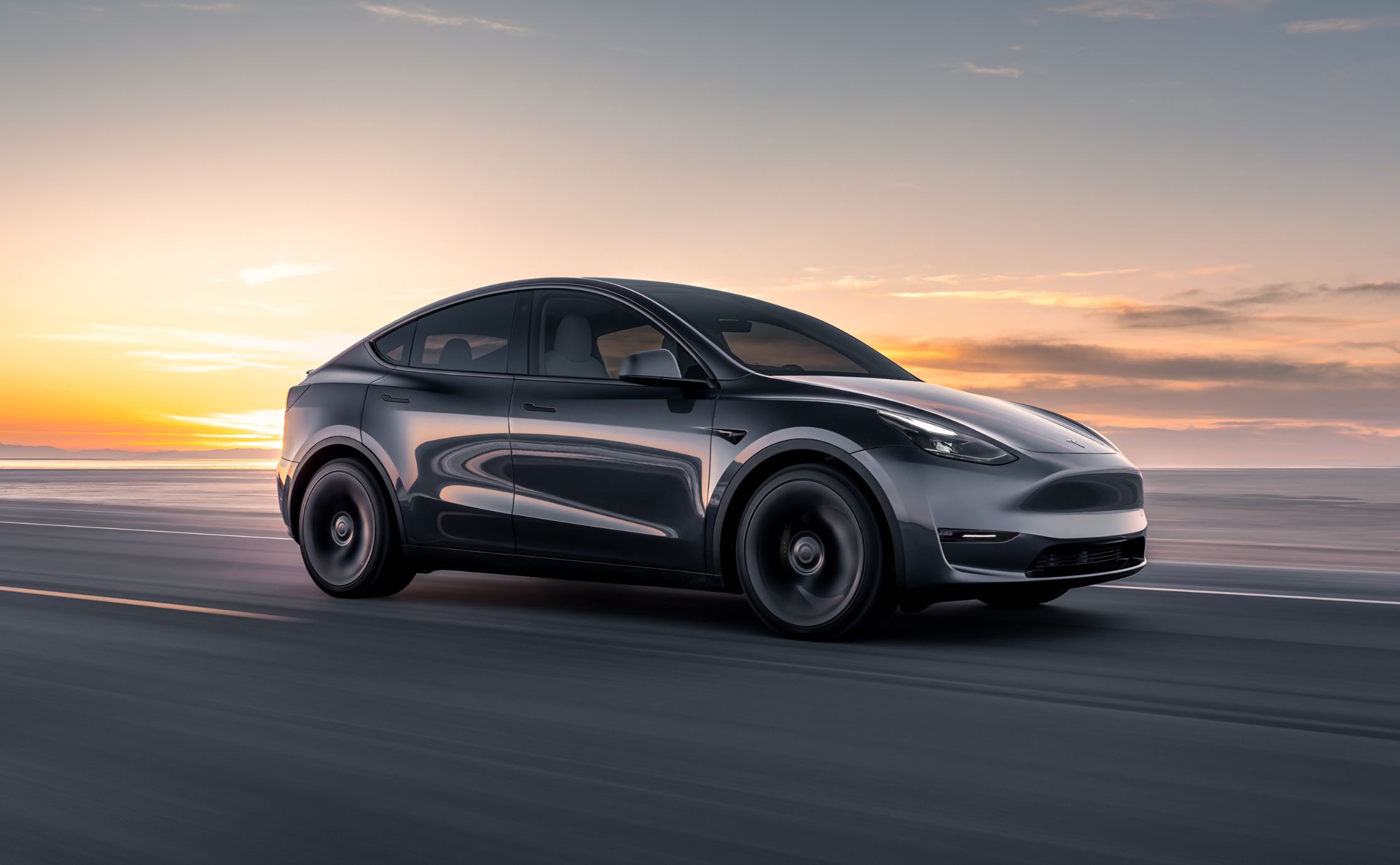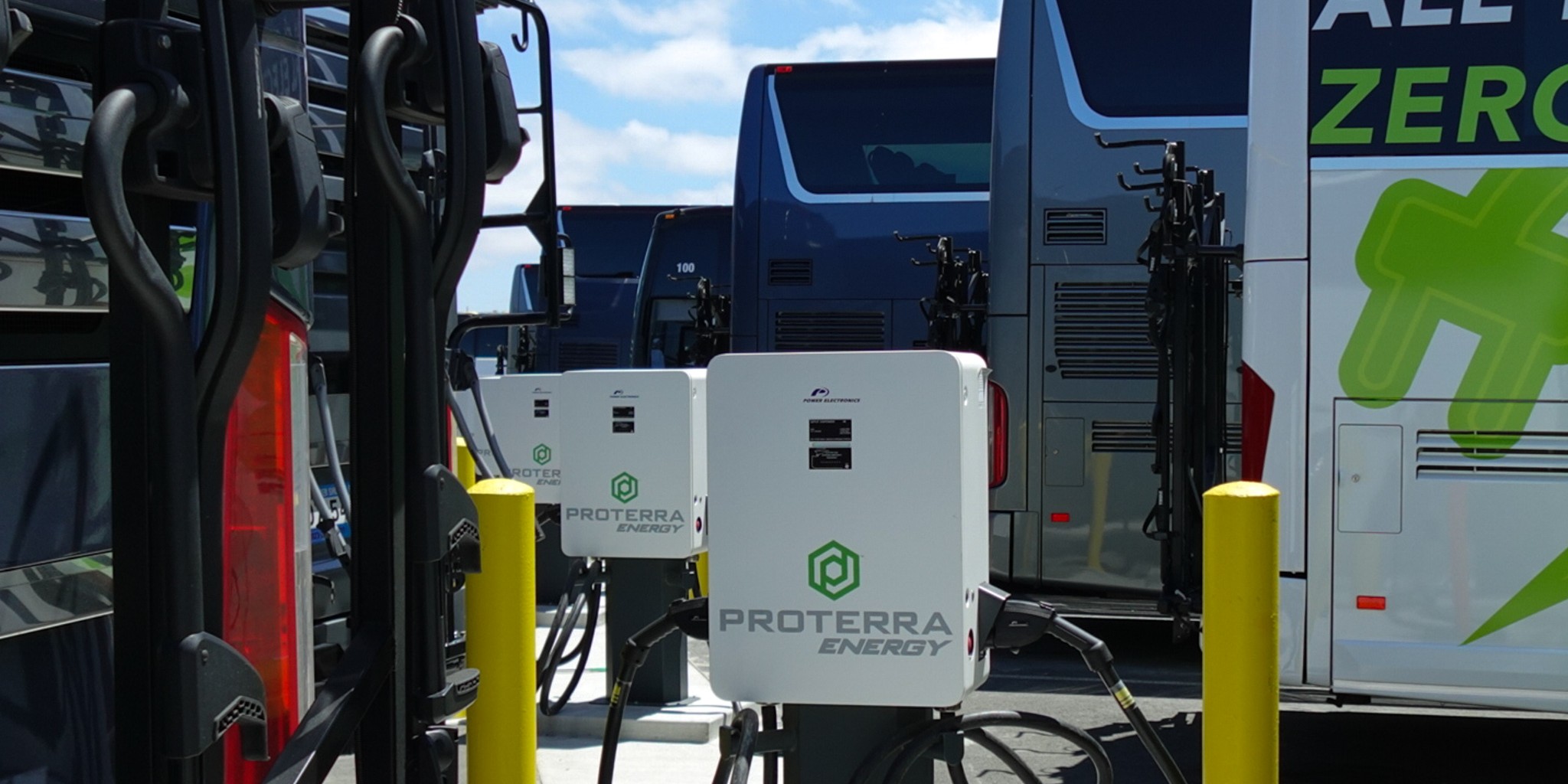In the midst of a record-breaking surge in electric vehicle (EV) sales in the US during the second quarter, a recent report from Cox Automotive has raised eyebrows as it reveals an increasing number of EVs sitting idle on dealership lots. Despite this, Ford’s Vice President of Electric Vehicle Programs, Darren Palmer, maintains that worries of an EV pileup are “premature.”
According to Cox Automotive, the second quarter saw a staggering 300,000 EVs sold in the US, setting a new record. However, this surge in sales has led to a rise in EV inventory, with the days’ supply exceeding 100 days, compared to the industry average of approximately 53 days.
Palmer, in a recent interview with The Detroit Bureau, addressed these concerns, stating that Ford had been grappling with production constraints since the launch of its EV lineup, including the Mach E, F-150 Lightning, and E-Transit. He clarified that the apparent inventory buildup was a result of the automaker “loading up dealers” with EVs, a strategy aimed at meeting the growing demand.
Ford’s EV leader explained that until recently, every Mach-E and F-150 Lightning had been backordered, leading to extended wait times for customers. However, he assured that the situation is about to change, with increased production capacity coming online.
Moreover, Palmer revealed Ford’s plans to introduce a new LFP battery and make other changes, enabling the company to offer EVs at more competitive price points, thereby driving further growth in the market. Ford’s decision to cut prices on its popular Mustang Mach-E and F-150 Lightning came after several price hikes in response to overwhelming demand last year.
Despite the current challenges faced by the industry, Palmer expressed confidence that EVs are transitioning into the mainstream after garnering support from early adopters. He believes that while it may take some time, the industry will eventually overcome the current transitional period.
As EV sales continue to outpace the overall industry, it remains to be seen how automakers will navigate the shifting landscape and adapt to the changing demands of consumers. For now, Ford remains optimistic about its EV future, banking on increased production and competitive pricing to drive growth in the market.

